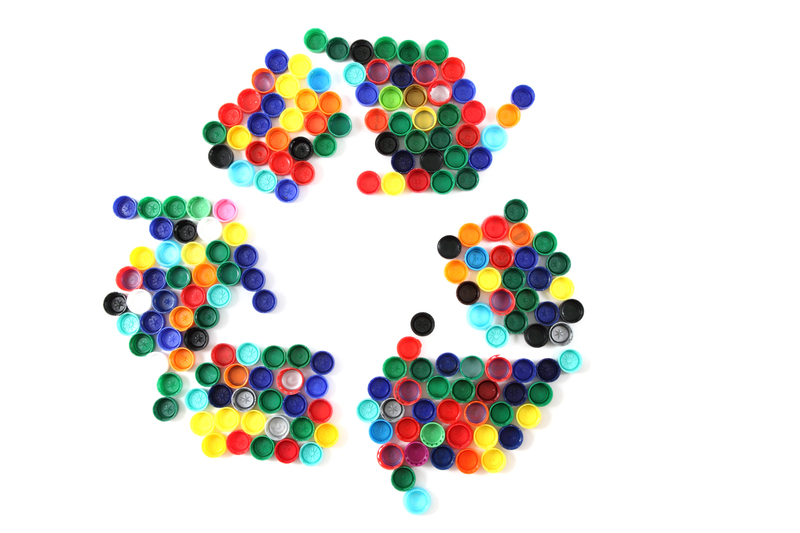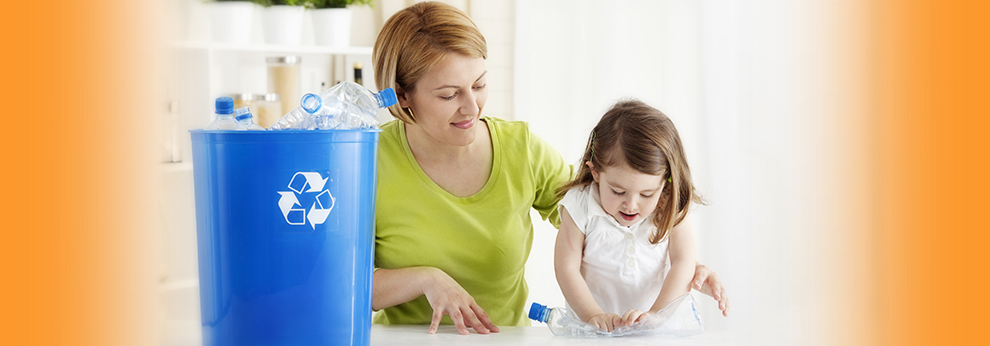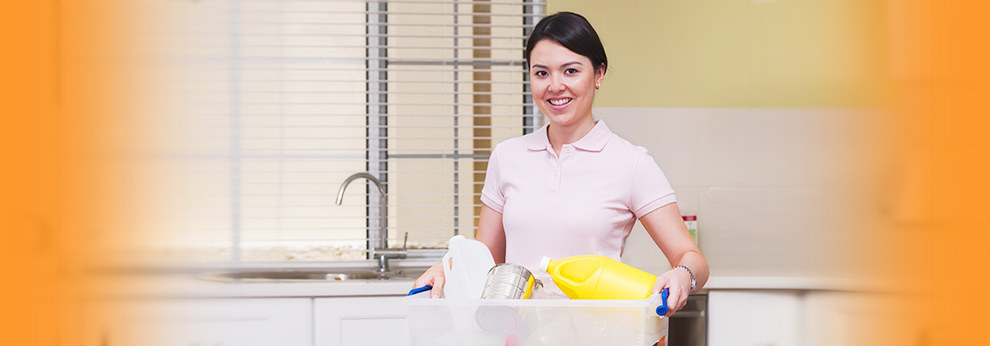Ways to Deal with Relatives' Items
Posted on 12/11/2024
Ways to Deal with Relatives' Items
Inheriting items from relatives can be both a blessing and a burden. Whether you're dealing with a few heirlooms or an entire household's worth of belongings, finding the appropriate way to manage these items is essential. Below, we'll delve into effective ways to handle relatives' items, offering tips, pros and cons, key takeaways, and a concluding thought.
1. Categorize the Items
The first step in dealing with relatives' items is to categorize them. By sorting items into groups, you can more easily decide what to keep, donate, sell, or discard. Common categories include:
- Heirlooms and sentimental items
- Functional items (like furniture or kitchenware)
- Collectibles
- Items to be sold
- Items to be donated or discarded

2. Keep What's Truly Valuable
Once categorized, it becomes easier to determine what you should keep. Focus on items that hold sentimental value or practical use in your current life. Heirlooms, photos, and letters often fall into this category. If space is an issue, consider digitizing photos and documents.
3. Donate and Give Away
For items you don't plan to keep but are still in good condition, consider donating them to charities or giving them to friends or family who may need them. Many organizations will even pick up large items from your home, making donation an easy and fulfilling option.
4. Sell Valuable Items
Some items may hold financial value, and selling them can be a practical solution. You can use online marketplaces like eBay, Craigslist, or local Facebook groups to find buyers. Additionally, consider hiring an appraiser for antiques and collectibles to ensure you get a fair price.
5. Properly Dispose of Unwanted Items
For items that are no longer useful or in poor condition, proper disposal is crucial. Look into your local municipality's guidelines for recycling and trash disposal. In some cases, hazardous items may require special handling.
6. Rent a Storage Unit
If you need time to decide what to do with certain items or lack the space to store them, renting a storage unit can be a temporary solution. However, be mindful of this approach as it can become an ongoing expense.
Pros and Cons of Different Approaches
Let's consider the pros and cons of different ways to deal with relatives' items:
Pros
- Organizing and categorizing can bring emotional closure.
- Donating and giving away items can help others in need.
- Selling valuable items can provide financial benefits.
- Proper disposal ensures environmentally friendly practices.
Cons
- The process can be emotionally taxing.
- Organizing and categorizing can be time-consuming.
- Selling items requires effort and sometimes expert help.
- Renting a storage unit incurs additional costs.
Tips for Success
- Start the process early to avoid feeling overwhelmed.
- Involve family members in the decision-making process.
- Take breaks to manage emotional stress.
- Set realistic goals and create a timeline for completion.
- Utilize professional help when needed, such as appraisers or organizers.

Key Takeaways
- Categorizing items simplifies the decision-making process.
- Balance sentimental value against practical use and space constraints.
- Donating and selling items can benefit others and yourself.
- Proper disposal is essential for environmental responsibility.
- Storage units offer a temporary solution, but costs add up.
Conclusion
Dealing with relatives' items is a multifaceted task that requires thoughtful consideration and careful planning. By categorizing items, understanding their value, and making informed decisions about donating, selling, and disposing, you can manage this responsibility with grace and efficiency. Remember to be patient with yourself and seek help when needed, ensuring both practical and emotional balance in the process.
Latest Posts
Microplastic Pollution: Is Prevention Possible
Top Recycling Tips to Implement in School Environments
Teaching Kids Recycling: A Guide for Educators





